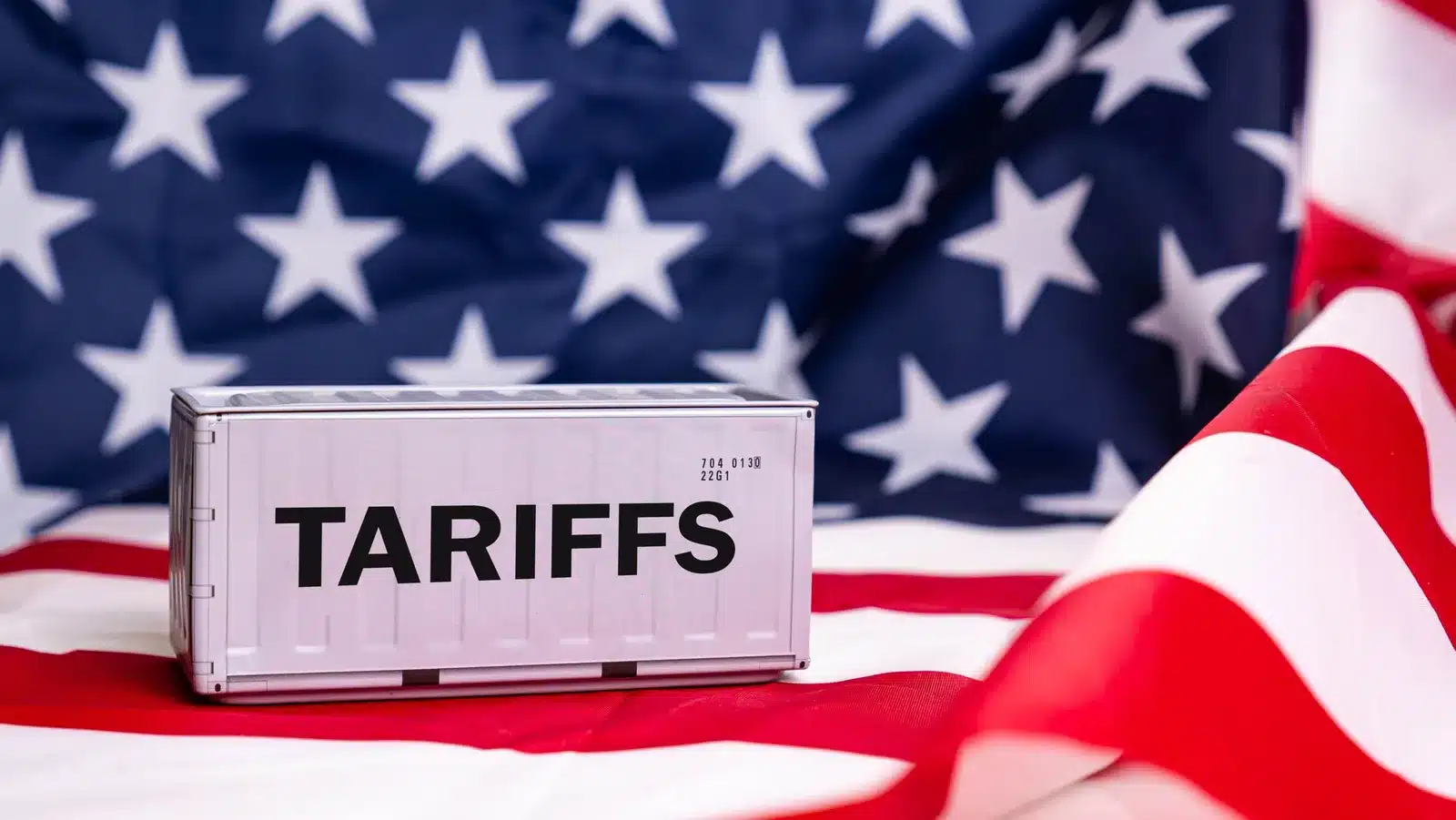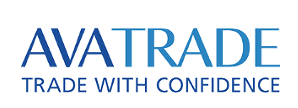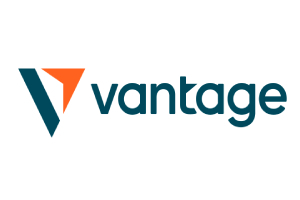The global economic landscape stands at a critical juncture as President Trump’s aggressive trade policies trigger seismic shifts in international commerce. Mohamed El-Erian, President of Queens’ College at Cambridge University, warns that these developments signal the end of hyper-globalization and the beginning of a new, uncertain era for world trade. The fundamental question facing economists and investors alike is whether we’re transitioning to a more controlled system of managed globalization.
Recent market behavior reveals startling anomalies that challenge conventional economic wisdom. The U.S. economy, traditionally the stable anchor of global markets, has begun exhibiting patterns typically associated with developing nations. Most notably, we’re witnessing the unusual phenomenon of a weakening dollar alongside rising Treasury yields – a correlation that defies standard economic models. This developing-market behavior suggests America’s economic transformation may be more profound than many analysts anticipate, with potential outcomes ranging from a Reagan-style renaissance to Carter-era stagflation.

Market Reactions vs. Corporate Realities
Financial markets have responded to these tectonic shifts with surprising resilience, particularly in U.S. equities. This stability stems from two key factors: confidence in corporate America’s strong balance sheets and innovation pipelines, and widespread belief that current tariff threats represent negotiating tactics rather than final positions. Market participants largely expect the August 1 deadline for new tariffs to be extended, maintaining the status quo of uncertainty that has characterized trade policy in recent years.
Behind the market’s calm facade, corporate leaders are preparing for multiple scenarios. Boardrooms across America are delaying major investments, restructuring supply chains through “China+Many” diversification strategies, and modeling potential cost impacts from 10-30% tariffs. This divergence between financial market optimism and corporate caution highlights the complex risk calculations businesses must make in this new trade environment.
Several critical indicators will determine whether the global economy achieves a stable new equilibrium or descends into damaging fragmentation. The August 1 tariff deadline looms as the next major test of U.S. trade policy intentions, while China’s response could either escalate tensions or provide a path to compromise. Corporate earnings reports in the coming quarters may reveal early impacts of trade disruptions, and currency market movements will offer important signals about structural economic shifts.
Make money without lifting your fingers: Start using a world-class auto trading solution
Note: Learn2.trade is not a financial advisor. Do your research before investing your funds in any financial asset, product, or event. We are not responsible for your investment results.
- Broker
- Min Deposit
- Score
- Visit Broker
- Award-winning Cryptocurrency trading platform
- $100 minimum deposit,
- FCA & Cysec regulated
- 20% welcome bonus of upto $10,000
- Minimum deposit $100
- Verify your account before the bonus is credited
- Fund Moneta Markets account with a minimum of $250
- Opt in using the form to claim your 50% deposit bonus
Learn to Trade
Never Miss A Trade Again

Signal Notification
Real-time signal notifications whenever a signal is opened, closes or Updated

Get Alerts
Immediate alerts to your email and mobile phone.

Entry Price Levels
Entry price level for every signal Just choose one of our Top Brokers in the list above to get all this free.



